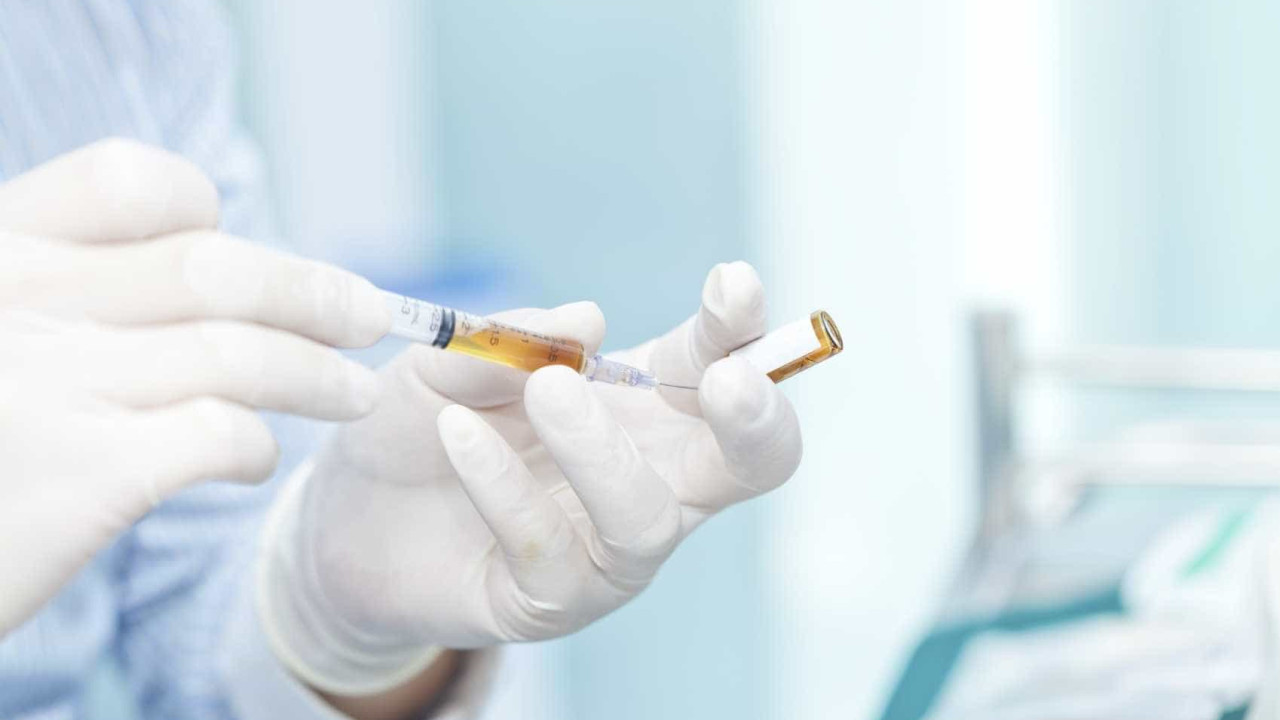
A WHO announced that the R21 vaccine will join its list of “prequalified vaccines”, a requirement to enter the distribution programs of humanitarian organizations such as the United Nations Children’s Fund (Unicef) or the GAVI Vaccine Alliance.
Malaria affects around 250 million patients worldwide every year and causes more than 600,000 deaths.
“Prequalification will mean greater access to vaccines, an important tool to prevent childhood cases,” said the WHO, according to a statement released today by the organization.
R21 is the second vaccine recommended by the WHO against malaria, after RTS,S in 2021, which also entered the list of prequalified medicines in July 2022.
Developed by the University of Oxford and manufactured by the Serological Institute of India, R21, like RTS,S before it, has been shown in clinical trials to be effective in preventing malaria in children.
According to the organization, deaths from malaria have halved since 2000 and malaria has disappeared from many parts of the world.
More recently, however, progress has stalled and half of the world’s population is at risk of contracting the infectious disease.
Malaria, also known as malaria, is a parasitic blood disease, caused by a parasite of the ‘plasmodium’ genus that is transmitted through the bite of a mosquito (of the ‘Anopheles’ genus). The disease is endemic in several tropical countries and is potentially fatal if not treated in a timely manner.
Read Also: Heat will “spread” malaria, zika, dengue and chikungunya across the “world”
All News. By the Minute.
Seventh consecutive year Consumer Choice for Online Press.
Download our free App.
Source: https://www.noticiasaominuto.com/mundo/2465860/oms-toma-medidas-para-tornar-mais-acessivel-nova-vacina-contra-a-malaria


